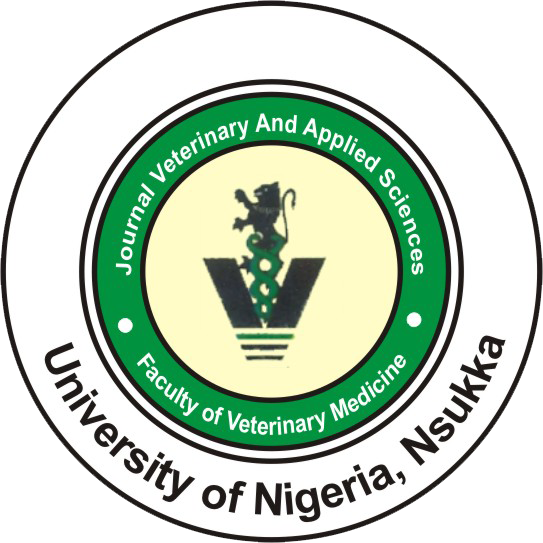
Volume 15, Issue 2: 2025
Volume 15, Issue 1: 2025
Volume 14, Issue 2: 2024
Volume 14, Issue 1: 2024
Volume 13, Issue 2: 2023
Volume 13, Issue 1: 2023
Volume 12: 2022
Volume 11: 2021
Volume 10: 2020
Volume 9: 2019
Volume 8: 2018
Volume 7: 2017
Volume 6: 2016
Volume 5: 2015
Volume 4: 2014
Volume 3: 2013
Volume 2: 2012
Volume 1: 2011
Volume 15, Issue 1: 2025
Volume 14, Issue 2: 2024
Volume 14, Issue 1: 2024
Volume 13, Issue 2: 2023
Volume 13, Issue 1: 2023
Volume 12: 2022
Volume 11: 2021
Volume 10: 2020
Volume 9: 2019
Volume 8: 2018
Volume 7: 2017
Volume 6: 2016
Volume 5: 2015
Volume 4: 2014
Volume 3: 2013
Volume 2: 2012
Volume 1: 2011

|

University of Nigeria
ISSN: 2315 - 6856
e-ISSN: 2636 - 5553
e-ISSN: 2636 - 5553
Journal volumes
|
|
| Volume 15, Issue 2: 2025 | ||
| Volume 15, Issue 1: 2025 | ||
| Volume 14, Issue 2: 2024 | ||
| Volume 14, Issue 1: 2024 | ||
| Volume 13, Issue 2: 2023 | ||
| Volume 13, Issue 1: 2023 | ||
| Volume 12: 2022 | ||
| Volume 11: 2021 | ||
| Volume 10: 2020 | ||
| Volume 9: 2019 | ||
| Volume 8: 2018 | ||
| Volume 7: 2017 | ||
| Volume 6: 2016 | ||
| Volume 5: 2015 | ||
| Volume 4: 2014 | ||
| Volume 3: 2013 | ||
| Volume 2: 2012 | ||
| Volume 1: 2011 |
|
|
Powered by: RockSystems Global Services Ltd.
rocksystemsglobal@gmail.com (+2348035271306)
www.rocksystemsglobal.com
rocksystemsglobal@gmail.com (+2348035271306)
www.rocksystemsglobal.com
|
|
|



